Human space exploration is challenging as well as fascinating. However, the excitement of space flight for astronauts comes at a high cost and is riddled with danger. As our robot explorers become more capable, governments and corporations must consider whether the ambition to send astronauts to the Moon and Mars is worth the cost and risk. In this episode of Bridging the Gaps, I speak with professor Martin Rees who is one of the authors of “The End of Astronauts: Why Robots Are the Future of Exploration”. The book makes the provocative argument for space exploration without astronauts and suggests that beyond low-Earth orbit, space exploration should proceed without humans. In this discussion, we also touch upon some intriguing points the professor Martin Rees discusses in one of his previous books “On the Future: Prospects for Humanity”.
Martin Rees is an emeritus professor of Cosmology and Astrophysics at the University of Cambridge. He is the UK’s Astronomer Royal, a fellow of Trinity College and a co-founder of the Centre for the Study of Existential Risks at Cambridge University (CSER).
We start by discussing our fascination with human space journeys and exploration. We discuss the title of the book “The End of Astronauts” which seems a bit strong. We then discuss the progress in developing better and smarter robots for robotic space exploration. We discuss the progress made by private space companies in reducing the cost for space missions. Professor Rees emphasise the point that space is hostile and difficult environment and we should avoid using terms as space tourism, instead you should call it space adventures.
We then discuss the book “On the Future: Prospects for Humanity” and touch upon topics such as colonisations of Mars, post human era; genetic engineering and our future on earth and beyond.
Complement this discussion by listening to Everything a Curious Mind Should Know About Planetary Ring Systems with Dr Mark Showalter and then listen to More Things in the Heavens”” with NASA’s Spitzer Project Scientist Michael Werner

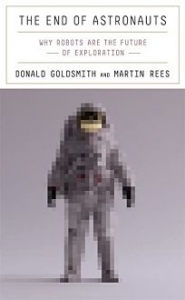
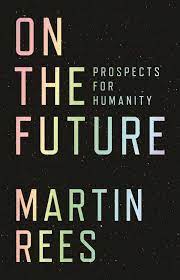
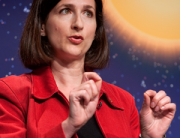
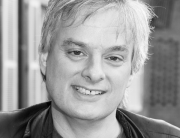
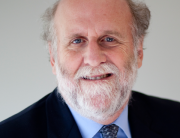
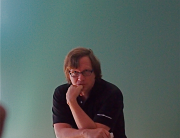

Connect With Us